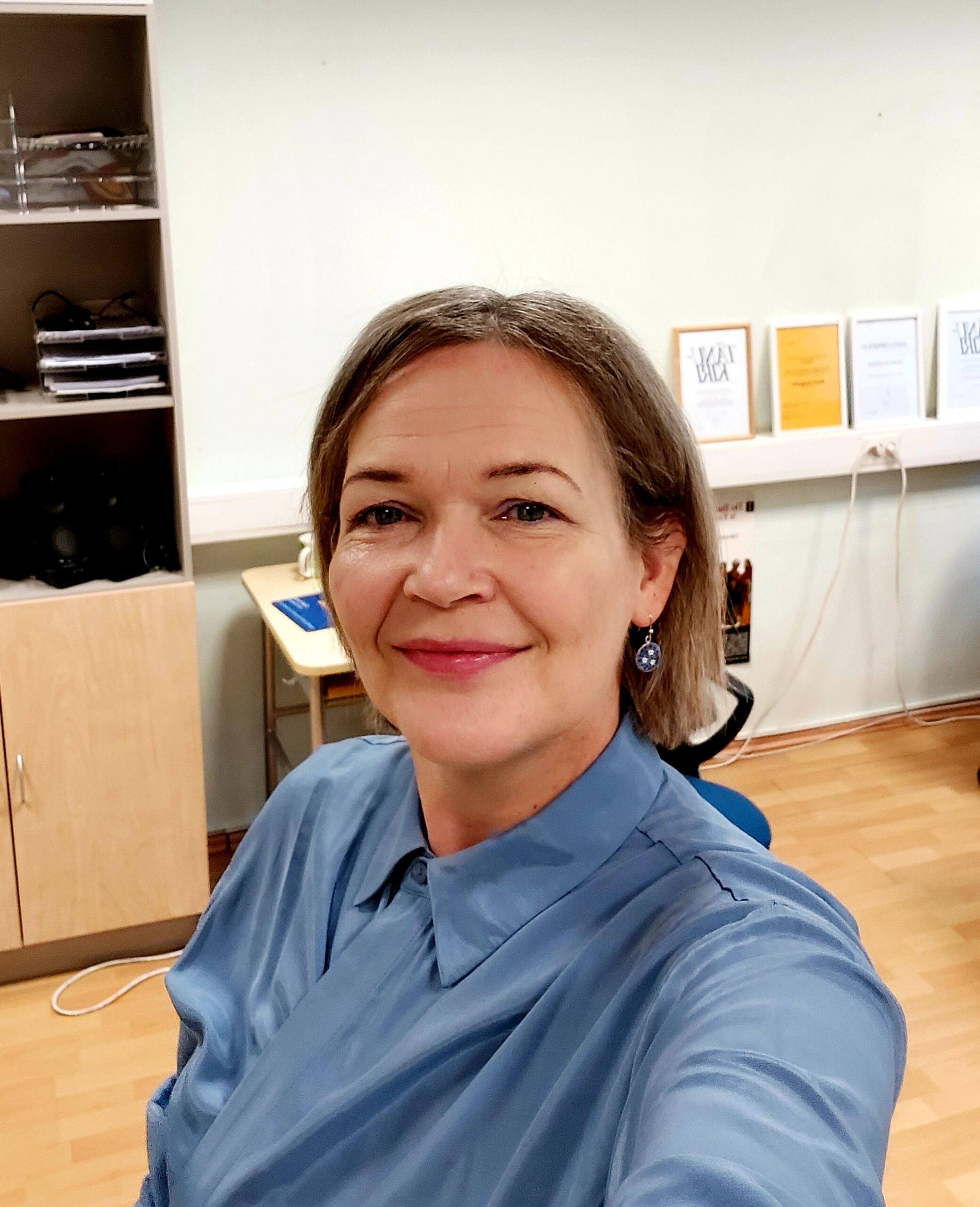People

Dr Aigi Heero
Associate Professor of German Language and Didactics; Researcher
Contact Information
School of Humanities
Tallinn University
Narva mnt 27, 10120
Tallinn, Estonia
E-mail: aheero@tlu.ee
Education
2001 PhD, Philology and Linguistics & Cultural Theory; University of Freiburg (Germany)
Research
My research interests are in contemporary German-language literature, literature and memory studies, German linguistics and didactics of German language. In this project I examine how German-language literature by transcultural authors contribute to depicting and interpreting their memories of the communist authoritarian past beyond national literatures and cultures. Furthermore, on the basis of exemplary case studies I analyze how the memory of the GDR is presented in contemporary German literature.
Aigi joined the project in September 2021. More information as well as the most important publications can be found at: https://www.etis.ee/CV/Aigi_Heero/est?tabId=CV_ENG.
Publications
Selected peer-reviewed articles
2020
‚Über die Mehrsprachigkeit in den Romanen von Gohar Markosjan-Käsper‘ in M. Pajevic Mehrsprachigkeit und das Politische. Interferenzen in zeitgenössischer deutschsprachiger und baltischer Literatur. Tübingen: Narr Francke Attempto (pp 99−120).
2012
‚Erzählte Heimat in den Werken Aglaja Veteranyis, Catalin Dorian Florescus, Vladimir Vertlibs und Wladimir Kaminers‘ in Akten des XII. Internationalen Germanistenkongresses Warschau 2010. Vielheit und Einheit der Germanistik weltweit. Peter Lang Verlag, (pp 321−326).
2009
‚Zwischen Ost und West: Orte in der deutschsprachigen transkulturellen Literatur‘ in H. Schmitz (ed.), Von der nationalen zur internationalen Literatur. Transkulturelle deutschsprachige Literatur und Kultur im Zeitalter globaler Migration. Amsterdam: Rodopi (pp. 205−225).
2008
‚Vladimir Vertlibs “Zwischenstationen” – ein autobiografischer Roman?‘ in M. Tarvas, et. al (ed.) Tradition und Geschichte im literarischen und sprachwissenschaftlichen Kontext. Frankfurt, Peter Lang Verlag (pp 23−36).
Back